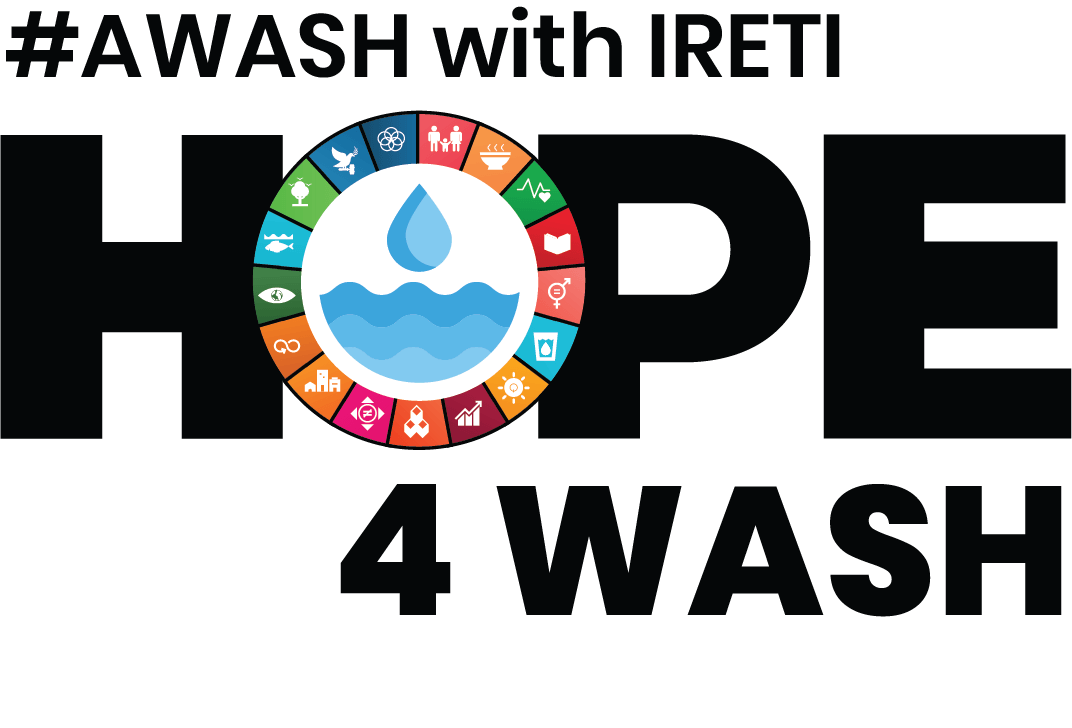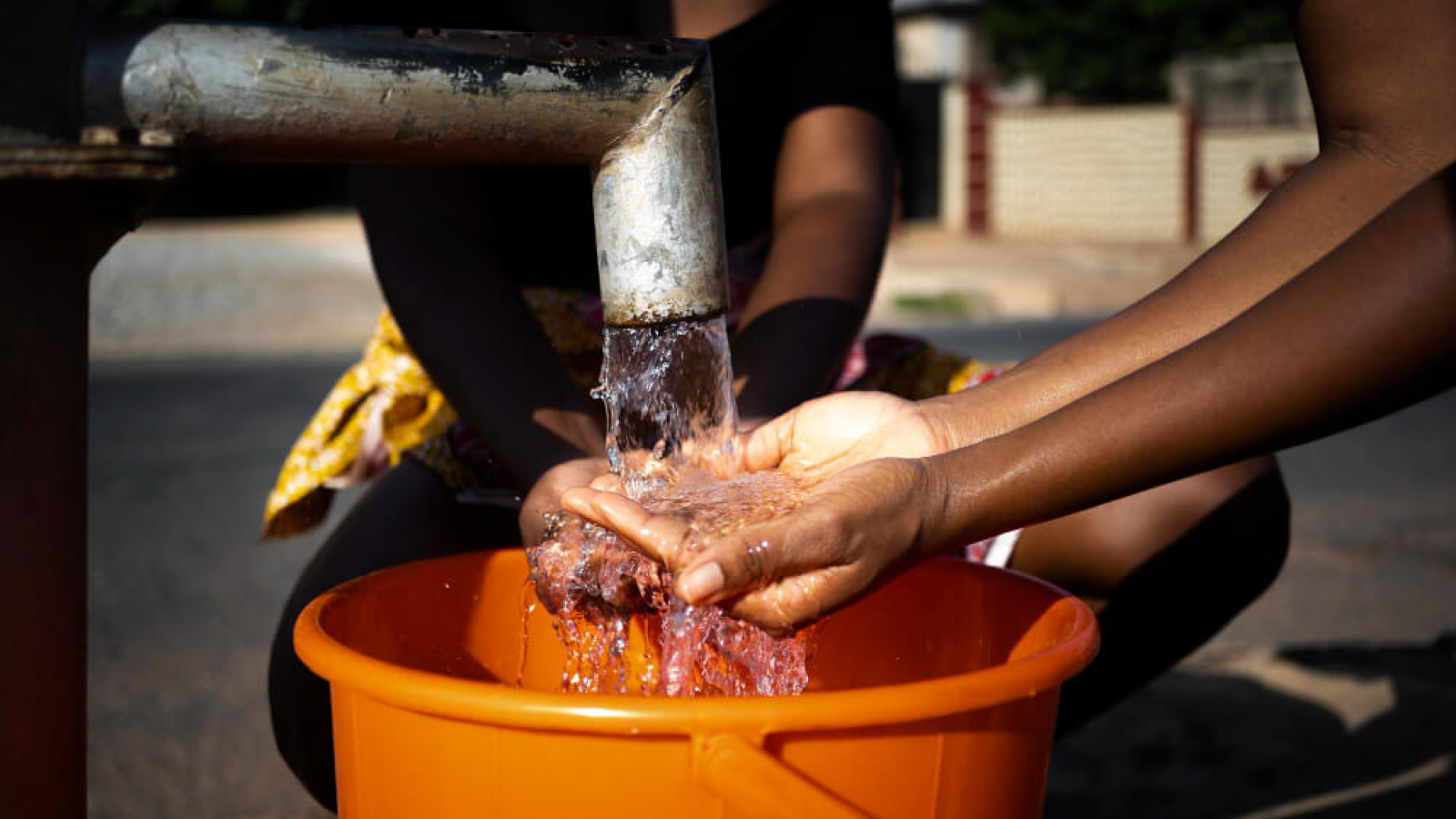
#AWASH with IRETI | Hope4WASH
SDG 6
Access to safe water, sanitation and hygiene is a human right, yet billions are still faced with daily challenges accessing even the most basic of services. Around 1.8 billion people globally use a source of drinking water that is fecally contaminated. About 2.4 billion people lack access to basic sanitation services, such as toilets or latrines.
- 3 in 10 people worldwide, approximately 2.2 billion still lack access to safely managed drinking water.
- Water scarcity affects more than 40% of the global population and is projected to rise.
- More than 80% of wastewater resulting from human activities is discharged into rivers or sea without any treatment, leading to pollution.
- More than half of the global population does not have access to safe sanitation.
- About 3 billion people do not have access to handwashing facilities with soap.
- 673 million people still practice open defecation.
- Water and sanitation-related diseases remain among the major causes of death in children under five; more than 800 children die every day from diarrhoeal diseases linked to poor hygiene. Growing up in a clean and safe environment is every child’s right. Access to clean water, basic toilets, and good hygiene practices not only keeps children thriving, but also gives them a healthier start in life.
- Over 700 children under age 5 die every day of diarrhoeal diseases due to lack of appropriate WASH services. In areas of conflict, children are nearly 20 times more likely to die from diarrhoeal disease than from the conflict itself.
- 1 in every 3 persons in Abuja practices open defecation, amounting to approximately 37% of the population.
- In 2018, Nigeria’s Water, Sanitation and Hygiene (WASH) sector was declared to be in a state of emergency; with approximately 60 million Nigerians were living without access to basic drinking water, 80 million without improved sanitation facilities, and 167 million without access to basic handwashing facilities.
- Women and girls suffer disproportionately from the lack of adequate WASH services. They bear the burden of water collection over long distances, which has been associated with negative effects on well-being, school attendance, and a higher risk of gender-based violence.
- The economic impact of not investing in water and sanitation costs 4.3% (over 80 billion dollars) of sub-Saharan African GDP.
The Hope4WASH program is premised on the understanding that proper water and sanitation is a key foundation for achieving the Sustainable Development Goals (SDGs). And meeting the target on access to water and sanitation is particularly vital in terms of the no poverty, gender equality, and good health goals, and also has a significant impact on other SDGs.
The United Nations Development Programme (UNDP) states that overall human development is more closely linked to access to water and sanitation than any other development driver, including spending on health or education, and access to energy services.
Hope4WASH seeks to enable improved access to water, sanitation and hygiene services, which has been identified to have various impacts on social and economic development of millions of people, including improving poverty, hunger, primary education, gender equality, child mortality, maternal mortality, water-related disease outbreak, job creation and environmental sustainability outcomes.
Hope4WASH aims to deploy relevant community-based solutions to systemically address issues with access to clean water and reliable sanitation, and to promote basic hygiene practices in rural and urban areas, including in emergency situations.


